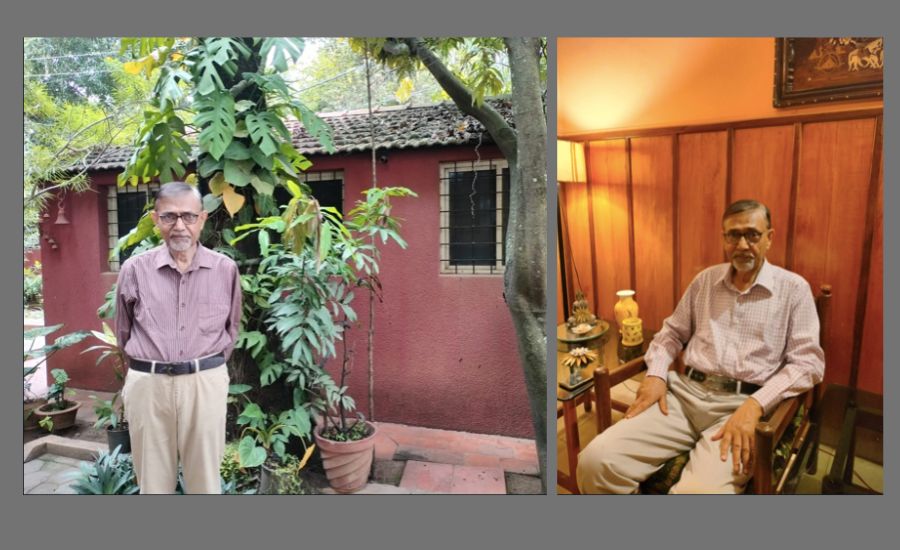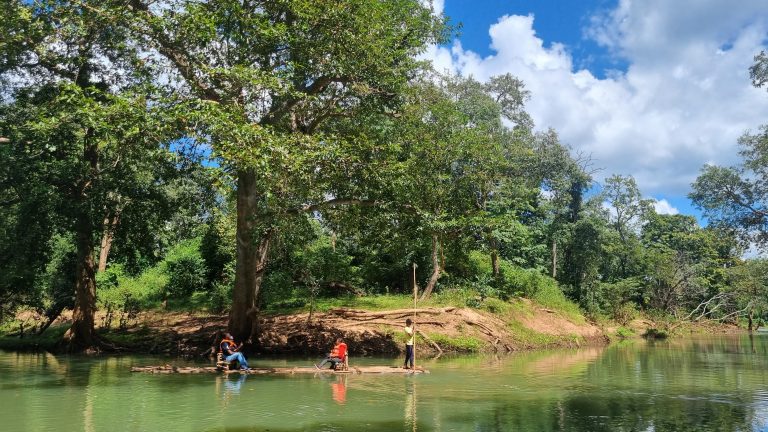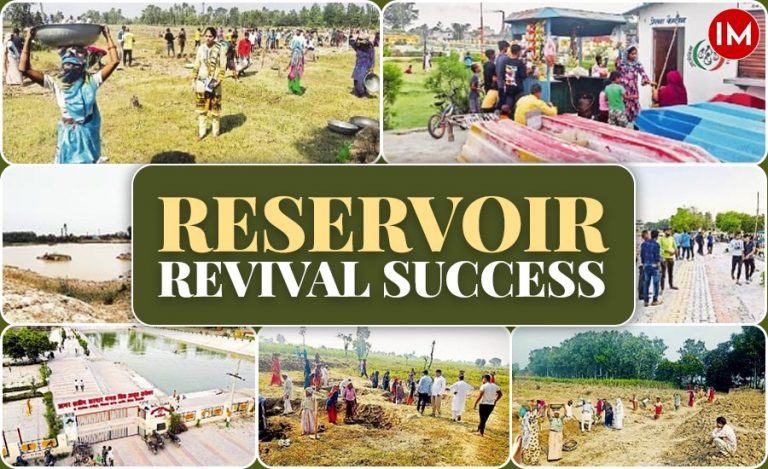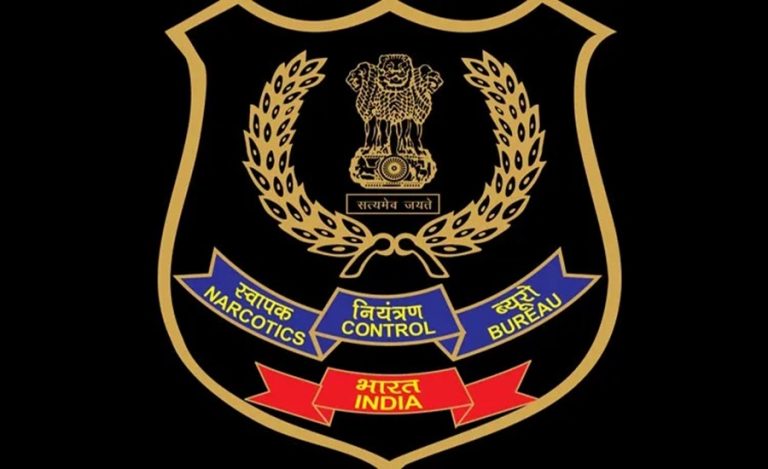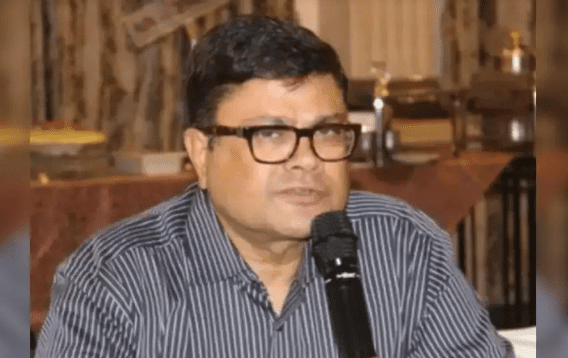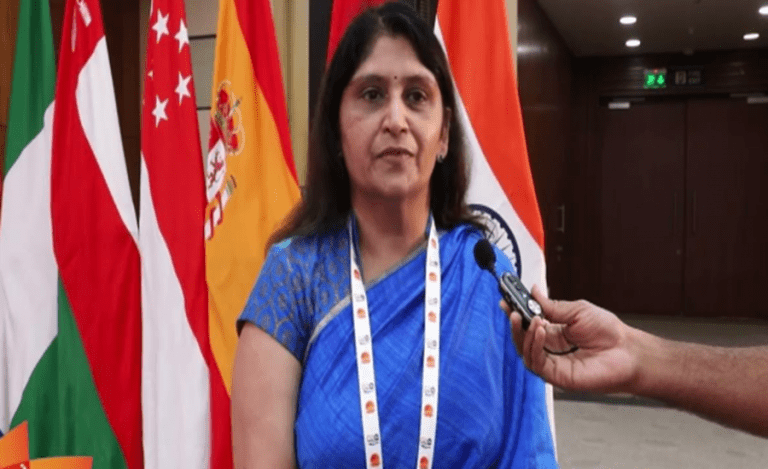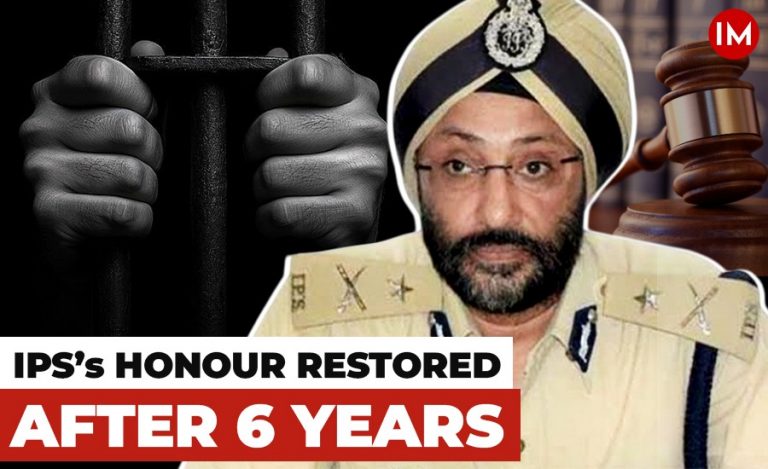Dipak Sarmah, a towering figure in the Indian Forest Service (IFS), has spent his life protecting the green heart of India. From his early days battling armed forest smugglers to his pivotal role in one of India’s most notorious mining scandals, Sarmah’s journey has been one of resilience, courage, and an unwavering commitment to preserving India’s natural heritage.
The Ballari Mining Case: Guardianship Amid Scandal
But perhaps the most dramatic chapter of Sarmah’s career came in 2011 when he was appointed by the Supreme Court of India as Chairman of the Monitoring Committee overseeing iron ore mining in Karnataka—a position he still holds today. This appointment allowed him to investigate the Ballari Mining scandal which cost the state exchequer, according to conservative estimates, approx Rs 16000 crores.
Between 2009 and 2010, investigations revealed widespread illegal mining operations in Karnataka’s Ballari, Chitradurga, and Tumkur districts. The region, rich in iron ore, had become a hotbed of corruption, environmental devastation, and unchecked exploitation. The damage was so severe that in 2011, the Supreme Court stepped in, imposing a complete ban on mining activities in these districts.
At the heart of this crisis was the need to strike a balance between industrial demands and environmental protection. The steel industry, heavily dependent on iron ore, faced a critical raw material shortage. Yet, opening the mines without regulation risked further environmental collapse. Sarmah’s role as Chairman of the Monitoring Committee was to supervise the resumption of mining in a controlled manner, ensuring that the extraction of resources didn’t come at the cost of environmental integrity.
Under his leadership, the committee oversaw all mining operations, conducted e-auctions of extracted ore, and ensured strict compliance with environmental regulations. Sarmah’s meticulous oversight helped bring order to a chaotic and corrupt industry. His team ensured that mining companies adhered to legal standards, while also preventing further ecological damage.
What sets Sarmah’s work on the Ballari Mining case apart is his unflinching dedication to both economic and environmental balance. He didn’t just restore order to a corrupt industry—he set a precedent for responsible mining practices that could serve as a model for future generations.
Early Roots: The Seeds of Passion
But, such experience comes through years of study and hard ground work. Born into a family of tree lovers, Sarmah’s passion for the environment took root early. His grandfather and father, both avid tree planters, transformed the grounds of their ancestral home in Shillong into a verdant sanctuary. Surrounded by trees, Sarmah’s love for forests blossomed as he grew. By the time he completed his MSc in 1975, the course of his life had been set.
At that crucial juncture, with his father recently retired and the pressure of finding a stable job mounting, Sarmah discovered the Indian Forest Service (IFS) examination. He decided to give it a try—and the rest, as they say, is history. In 1976, he made it through the rigorous selection process, marking the beginning of a career dedicated to forestry and environmental conservation.
Reflecting on the current challenges of forest conservation Mr. Sarmah told Indian Masterminds, “While awareness about forest conservation has grown, protecting forests is increasingly difficult with shrinking cover and rising demand. Despite stricter laws, forests continue to decline. We must prioritize planting on unused land to meet needs without depleting natural forests. Agroforestry is crucial, but safeguarding remaining forests is essential.”
He further says, that as regards the development of the services provided by the Forest departments, there has been considerable improvement due to increased skills and technological advancements. However, the foresters’ attachment to forests appears to have waned over the years due to various activities in the departments. The new generation of foresters needs to spend more time in forests, as learning about forestry requires a lot of going around the forests.
On the Frontlines: Battling Forest Smugglers
Sarmah’s early career as an Assistant Conservator of Forests (ACF) in Karnataka’s Western Ghats thrust him into the heart of a dangerous struggle. In the forests of Shimoga, illegal smuggling was rampant. Criminals were stripping the forests bare, and stopping them often meant facing them head-on.
Sarmah and his team engaged in several encounters with armed smugglers, risking their lives to protect the forests. It was a time when forest officers were more than just protectors of the law—they were warriors on the frontlines of an environmental battle. In recognition of his fearless efforts, Sarmah was awarded the Karnataka Rajyotsava Award in 1980. His actions helped establish his reputation as a protector of the state’s forests and a champion of environmental justice.
Innovator in Afforestation: A Greener Tomorrow
Between 1984 and 1988, Sarmah served as the Deputy Conservator of Forests (DCF) in Uttara Kannada, a district plagued by degraded forests. The challenge was immense, but Sarmah, alongside a dedicated team, devised an innovative afforestation program aimed at rehabilitating these damaged ecosystems. Their approach was simple yet effective: protect the forests and plant indigenous species, including bamboo.
Through their tireless efforts, the district began to heal. Trees took root, and the once barren landscapes began to flourish again. Their work culminated in national recognition when Uttara Kannada won the Indira Priyadarshini Vriksha Mitra Award in 1989 for exemplary afforestation efforts. This was a testament to Sarmah’s vision of what could be achieved through dedication and thoughtful action.
A Legacy of Knowledge: Writing for the Future
Even after his retirement in 2013, Dipak Sarmah’s passion for forestry and environmental conservation remained undiminished. In the years since, he has dedicated himself to writing and sharing his extensive knowledge of forestry, wildlife, and agroforestry, particularly with a focus on Karnataka’s unique environmental challenges.
He has authored numerous books that explore the rich history and current state of Karnataka’s forests, including Status of Forests of Karnataka (2018), Forestry in Karnataka – A Journey of 150 Years (2019), and Agroforestry in Karnataka – A Golden Opportunity for Green Growth (2020). Through his writing, Sarmah continues to inspire others to take up the cause of conservation and to educate the public on the importance of sustainable forestry practices.
His contributions have also extended to policy work. As Chief Editor of the Karnataka State Action Plan on Climate Change (2021), Sarmah played a key role in shaping the state’s response to the global climate crisis. His efforts in compiling critical environmental reports and his writings on forestry policy have positioned him as a leading voice in the fight against climate change.
A Continuing Guardian of the Green
Dipak Sarmah’s journey is far from over. Today, as Chairman of the Monitoring Committee for mining operations in Karnataka, he continues to oversee the delicate balance between economic development and environmental sustainability. His career stands as a testament to the power of dedication, and his work has shaped the way India manages its natural resources.
Sarmah’s legacy is one of perseverance in the face of overwhelming challenges. Whether battling armed smugglers, restoring degraded landscapes, or regulating a troubled mining industry, Sarmah has shown that true guardianship of the environment requires courage, vision, and an unwavering commitment to the greater good.
As the world grapples with the escalating threats of climate change and deforestation, figures like Dipak Sarmah remind us that there are still those who fight to protect our planet, one tree, one forest, and one mine at a time.

